11 Fermented Foods Beyond Yogurt to Seriously Supercharge Your Gut Health
In recent years, the importance of gut health has gained significant attention from both scientists and health enthusiasts alike. The gut, often referred to as the "second brain," plays a crucial role in overall well-being, influencing everything from digestion and immunity to mental health. A healthy gut is teeming with beneficial bacteria that aid in breaking down food, absorbing nutrients, and protecting against harmful pathogens. While yogurt has long been celebrated as a go-to source of probiotics, the world of fermented foods offers a plethora of exciting alternatives that can invigorate your gut flora. This article delves into 11 fermented foods beyond yogurt, each bringing unique flavors and health benefits to your table. Prepare to embark on a culinary journey that not only tantalizes your taste buds but also supports your digestive health in remarkable ways.
1. Kimchi: A Spicy Korean Staple
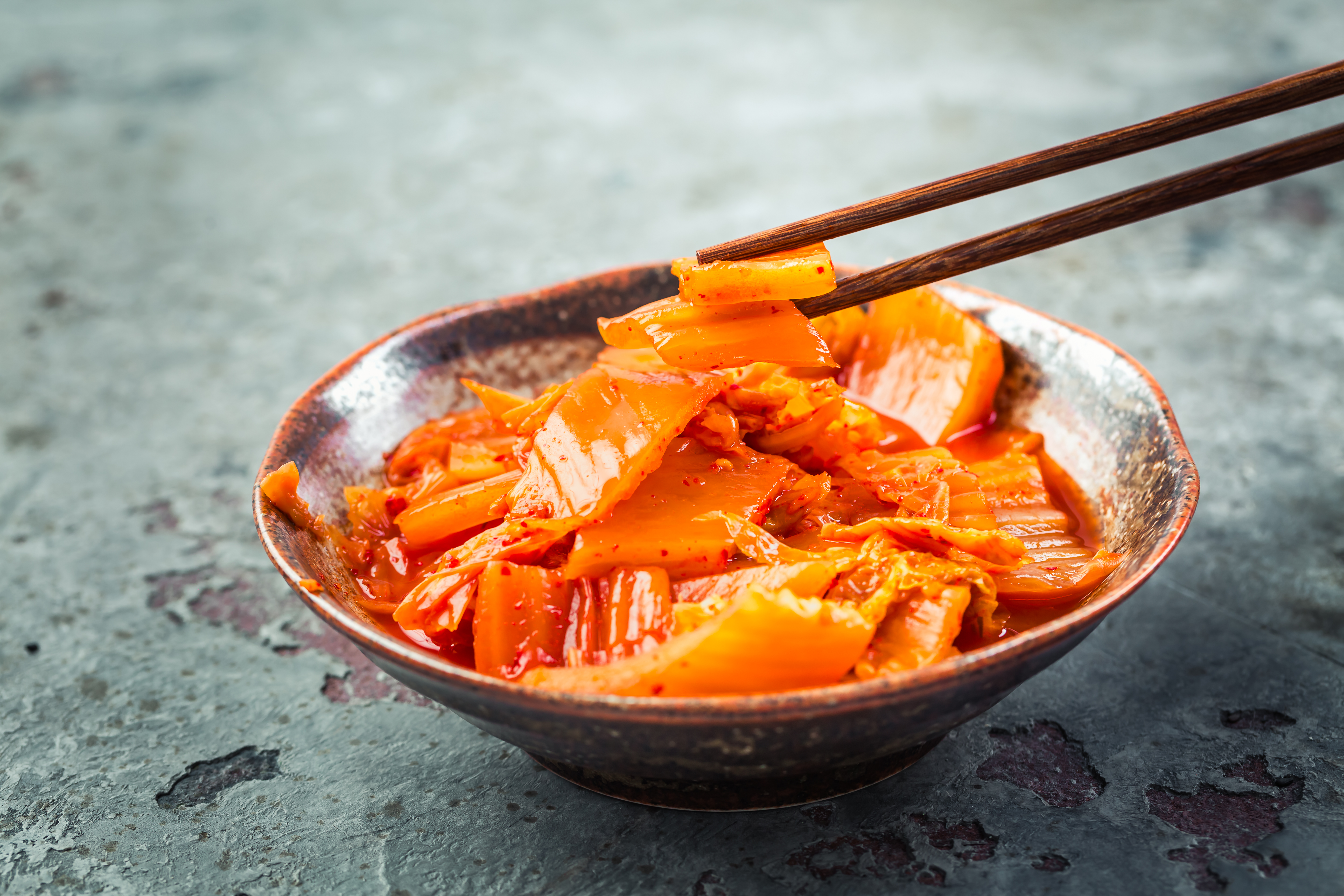
Kimchi, a staple in Korean cuisine, is a spicy, tangy dish made from fermented vegetables, primarily napa cabbage and radishes, seasoned with chili pepper, garlic, ginger, and a variety of spices. The fermentation process not only enhances the flavors but also increases the nutritional value of the vegetables. Rich in vitamins A, B, and C, kimchi is also packed with lactic acid bacteria, which are known to promote gut health by maintaining a balanced microbiome. The probiotics in kimchi can help improve digestion and boost the immune system, making it an excellent addition to any diet. Moreover, the capsaicin in chili peppers, a key ingredient in kimchi, has been shown to have anti-inflammatory properties, which can further support gut health. The unique combination of flavors and health benefits makes kimchi a versatile dish that can be enjoyed on its own, as a side dish, or incorporated into a variety of recipes, from soups to stir-fries. Whether you're a fan of spicy foods or new to the world of fermentation, kimchi offers a delightful and healthful way to support your gut.
2. Sauerkraut: The Tangy German Classic
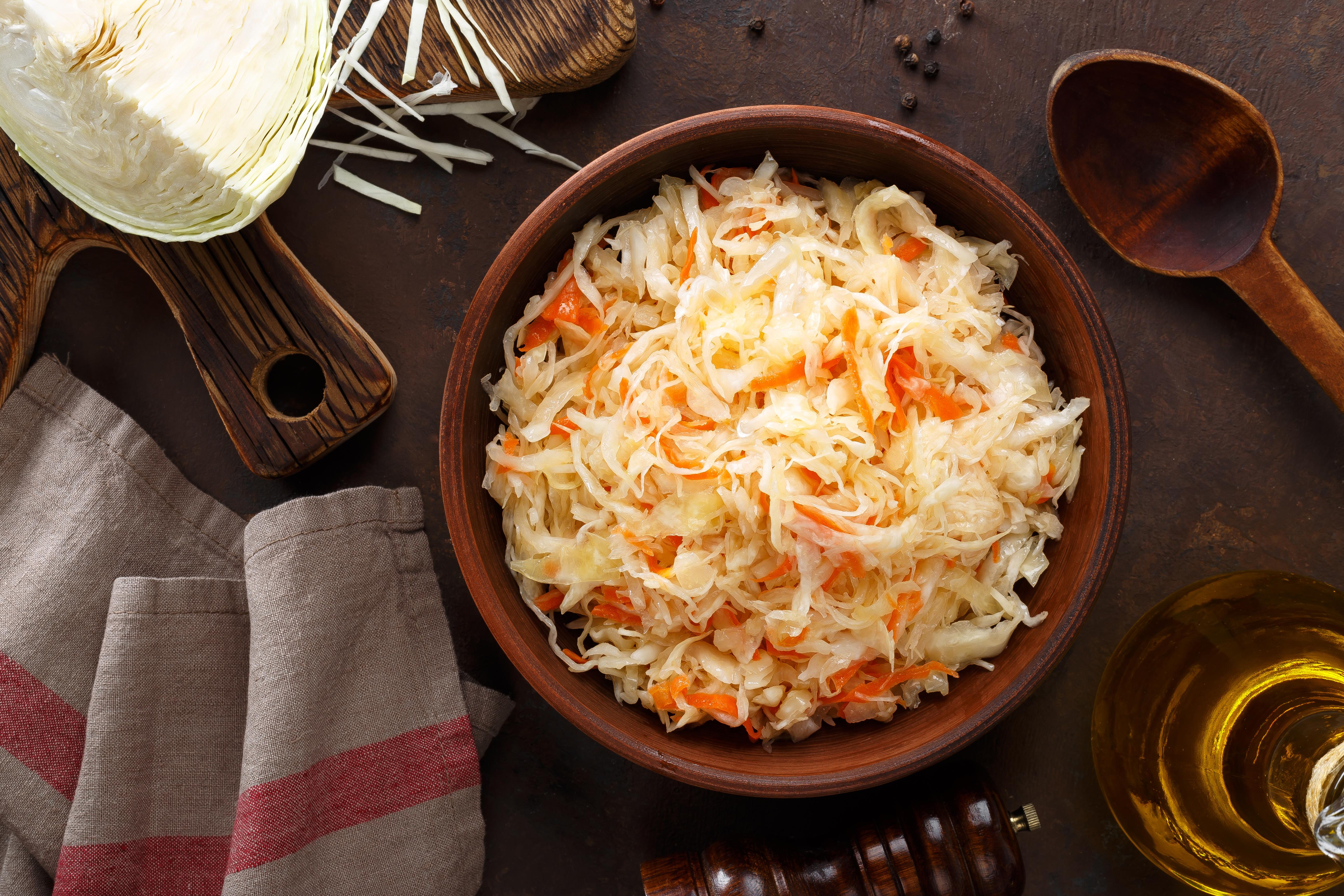
Sauerkraut, a traditional German dish, is made from finely shredded cabbage fermented by various lactic acid bacteria. This tangy and crunchy food is rich in probiotics, similar to those found in yogurt, which can help improve gut flora and digestion. Sauerkraut is also an excellent source of vitamins C and K, iron, and fiber, making it a nutritious addition to any meal. The fermentation process breaks down the cabbage's sugars, enhancing its digestibility and nutrient absorption. In addition to its digestive benefits, sauerkraut has been linked to improved immune function and reduced inflammation. The high levels of antioxidants in sauerkraut can help protect cells from damage and support overall health. Its tangy flavor and crunchy texture make it a versatile ingredient that can be used in salads, sandwiches, or as a condiment. Whether you enjoy it on a hot dog or as a side dish, sauerkraut offers a delicious way to boost your gut health and add variety to your diet.
3. Miso: The Savory Japanese Paste
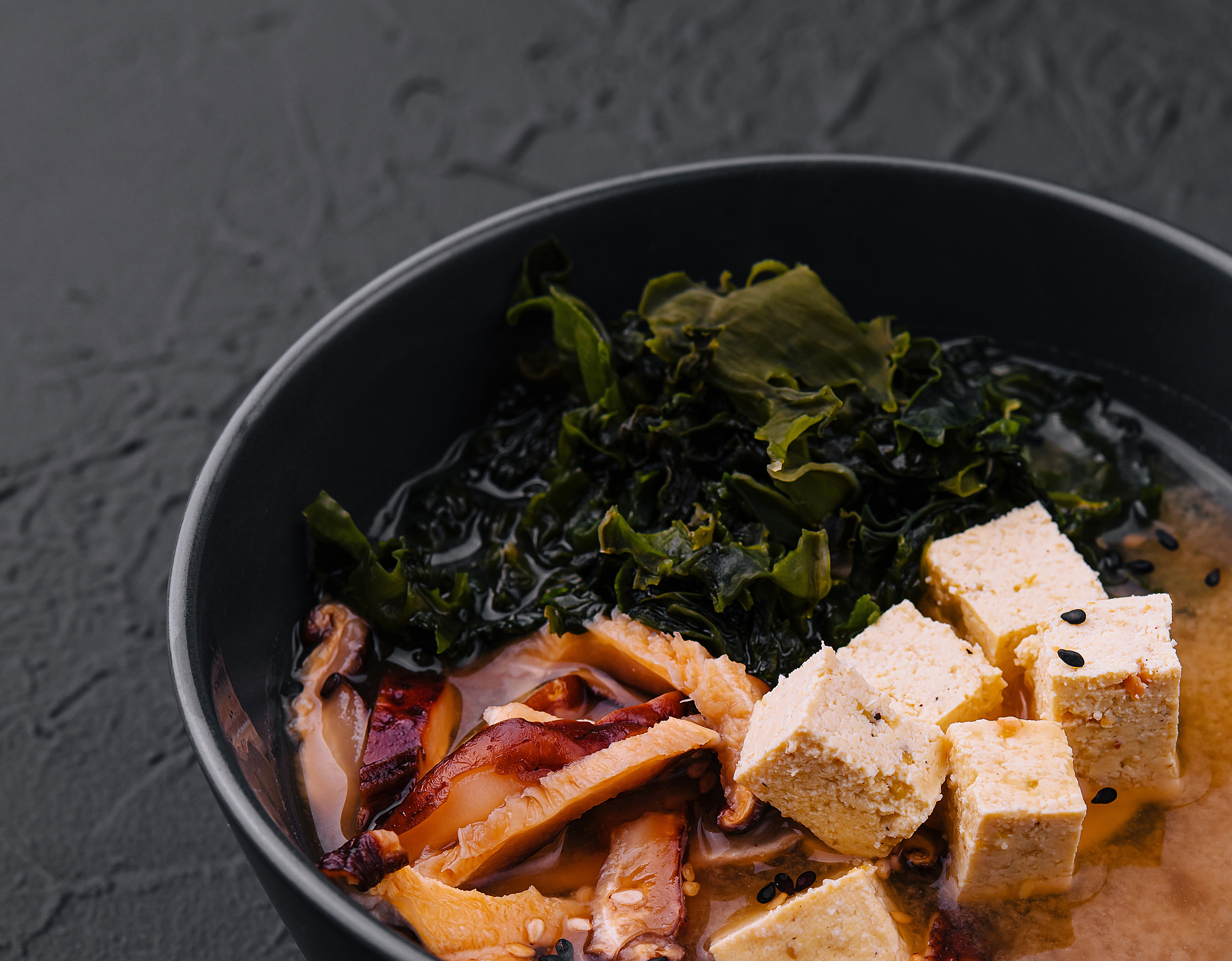
Miso, a traditional Japanese seasoning, is a paste made from fermented soybeans, rice, or barley. This umami-rich ingredient is a cornerstone of Japanese cuisine, often used in soups, marinades, and dressings. Miso is not only a flavor enhancer but also a powerhouse of probiotics, which can help improve gut health and digestion. The fermentation process of miso breaks down complex proteins into amino acids, making it easier for the body to absorb nutrients. In addition to its probiotic benefits, miso is rich in essential minerals such as zinc, manganese, and copper, and contains vitamins B, E, and K. These nutrients contribute to overall health by supporting the immune system, bone health, and energy production. The versatility of miso allows it to be used in a variety of dishes, from traditional miso soup to innovative sauces and dressings. Incorporating miso into your diet is an excellent way to enjoy its unique flavors while supporting your gut health and overall well-being.
4. Tempeh: The Protein-Packed Indonesian Delight
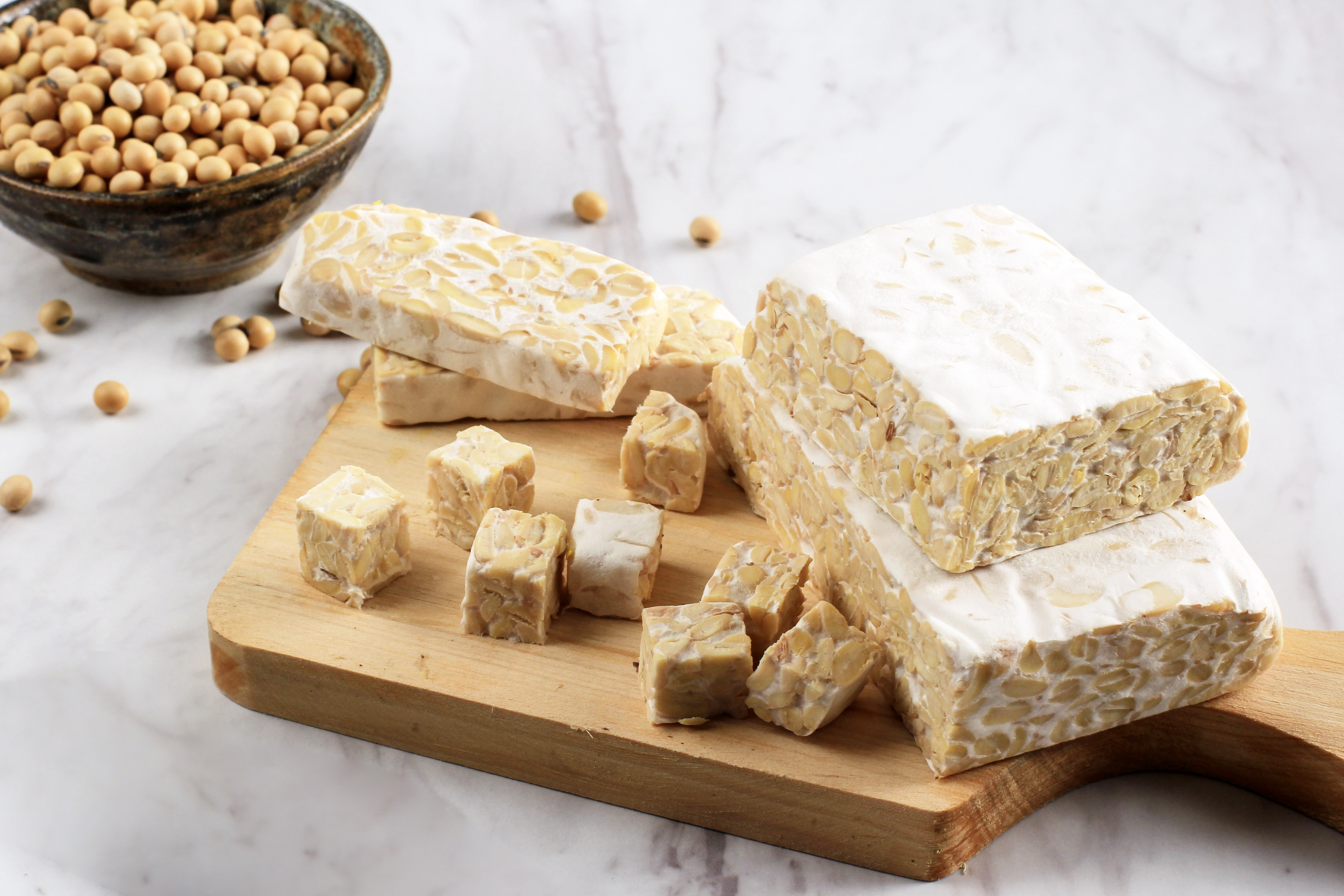
Originating from Indonesia, tempeh is a fermented soybean product that has gained popularity worldwide as a nutritious and versatile meat alternative. Made by fermenting cooked soybeans with a specific type of mold, tempeh forms a firm, cake-like texture that can be sliced, diced, or crumbled into a variety of dishes. Unlike tofu, tempeh retains the whole soybean, providing a higher content of protein, fiber, and essential nutrients. The fermentation process not only enhances the nutritional profile of tempeh but also introduces probiotics that support gut health. Tempeh is rich in vitamins B12 and B6, magnesium, and calcium, making it a valuable addition to plant-based diets. Its nutty flavor and firm texture make it an ideal ingredient for stir-fries, salads, sandwiches, and more. By incorporating tempeh into your meals, you can enjoy a delicious and protein-rich food that supports digestive health and offers a sustainable alternative to animal protein.
5. Kombucha: The Fizzy Fermented Tea

Kombucha, a fermented tea beverage, has become a popular health drink due to its refreshing taste and potential health benefits. Made by fermenting sweetened tea with a symbiotic culture of bacteria and yeast (SCOBY), kombucha undergoes a natural fermentation process that produces probiotics, vitamins, and organic acids. These components contribute to gut health by promoting a balanced microbiome and aiding digestion. In addition to its probiotic content, kombucha is rich in antioxidants, which can help protect the body from oxidative stress and inflammation. The organic acids produced during fermentation, such as acetic acid and gluconic acid, have been linked to improved liver function and detoxification. With its effervescent quality and wide range of flavors, kombucha offers a refreshing alternative to sugary sodas and juices. Whether you brew it at home or purchase it from a store, kombucha is a delightful way to support your gut health and enjoy a fizzy, flavorful drink.
6. Kefir: The Creamy, Tangy Beverage
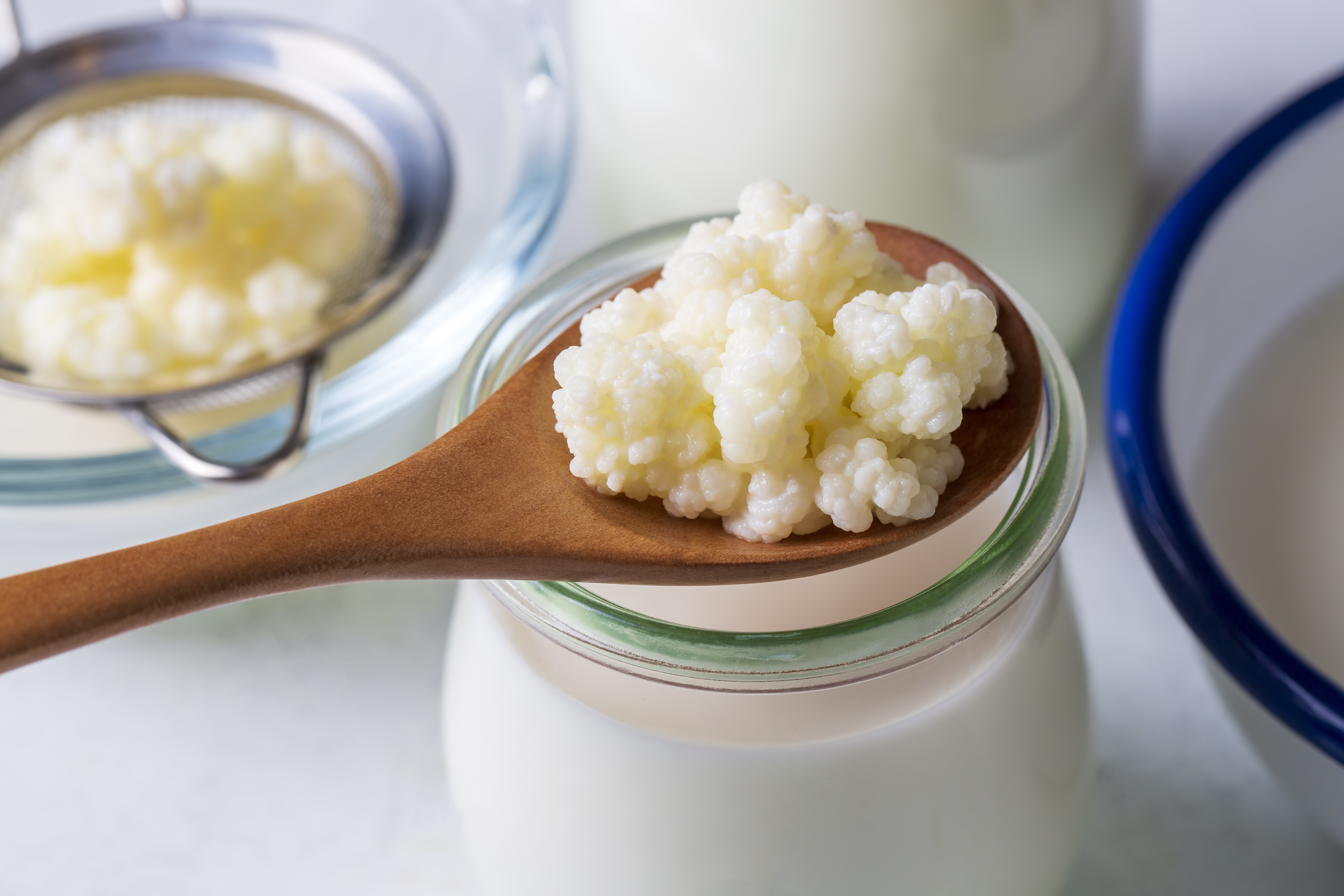
Kefir, a fermented dairy product similar to yogurt, is made by culturing milk with kefir grains, which are a combination of bacteria and yeast. This creamy, tangy beverage is rich in probiotics, offering a diverse array of beneficial bacteria that can support gut health and improve digestion. Kefir is also a good source of protein, calcium, and vitamins B12 and K2, making it a nutritious addition to any diet. The fermentation process of kefir breaks down lactose, making it easier to digest for those who are lactose intolerant. In addition to its digestive benefits, kefir has been linked to improved bone health, immune function, and reduced inflammation. Its versatility allows it to be consumed on its own, blended into smoothies, or used in recipes as a substitute for buttermilk or yogurt. By incorporating kefir into your diet, you can enjoy a delicious and nourishing beverage that supports your gut and overall health.
7. Natto: The Unique Japanese Superfood

Natto, a traditional Japanese food made from fermented soybeans, is known for its strong aroma, sticky texture, and distinctive flavor. While it may be an acquired taste, natto is a nutritional powerhouse, rich in protein, fiber, vitamins K2 and B6, and minerals such as iron and magnesium. The fermentation process of natto produces a unique enzyme called nattokinase, which has been linked to improved cardiovascular health by promoting healthy blood circulation and reducing the risk of blood clots. The probiotics in natto support gut health by promoting a balanced microbiome and aiding digestion. Additionally, the high vitamin K2 content in natto is essential for bone health, as it helps regulate calcium deposition in bones and teeth. Despite its unconventional appearance and taste, natto offers a wealth of health benefits and can be enjoyed on its own, with rice, or incorporated into various dishes. Embracing natto as part of your diet can provide a unique culinary experience while supporting your gut and overall well-being.
8. Pickles: The Crunchy, Briny Snack
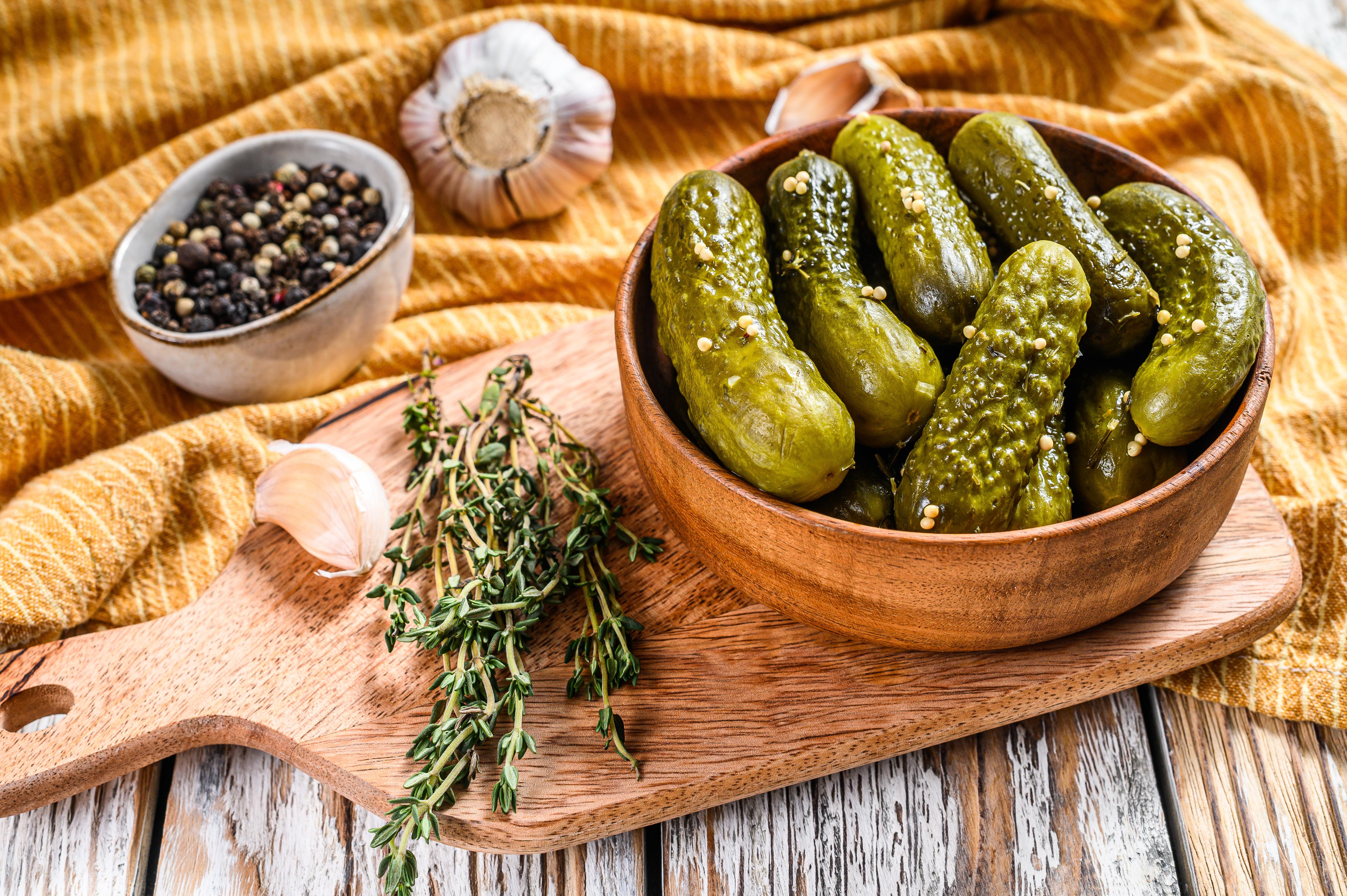
Pickles, cucumbers fermented in a brine of water, salt, and sometimes vinegar, are a popular snack and condiment known for their tangy flavor and satisfying crunch. The fermentation process of pickles involves lactic acid bacteria, which convert the natural sugars in cucumbers into lactic acid, creating an acidic environment that preserves the cucumbers and enhances their probiotic content. These probiotics can support gut health by promoting a balanced microbiome and improving digestion. In addition to their probiotic benefits, pickles are low in calories and contain vitamins A and K, as well as minerals such as calcium and potassium. The high water content in pickles also makes them a hydrating snack. Whether enjoyed on their own, as a topping for sandwiches, or as a garnish for charcuterie boards, pickles offer a flavorful and healthful way to support your gut health. By incorporating pickles into your diet, you can enjoy a tasty snack that contributes to your digestive well-being.
9. Kvass: The Traditional Slavic Tonic

Kvass, a traditional Slavic beverage, is made by fermenting rye bread or beets with water, sugar, and sometimes fruits or herbs. This slightly fizzy drink is known for its refreshing taste and potential health benefits. The fermentation process of kvass produces probiotics, which can support gut health by promoting a balanced microbiome and aiding digestion. Kvass is also rich in vitamins B and C, as well as minerals such as manganese and selenium. In addition to its probiotic content, kvass has been linked to improved liver function and detoxification due to its high antioxidant levels. The lactic acid produced during fermentation can help balance stomach acidity and improve digestion. With its unique flavor and nutritional benefits, kvass offers a refreshing alternative to sugary beverages. Whether you enjoy it as a standalone drink or as a base for cocktails and mocktails, kvass is a delightful way to support your gut health and explore new flavors.
10. Fermented Garlic: The Flavorful Immune Booster
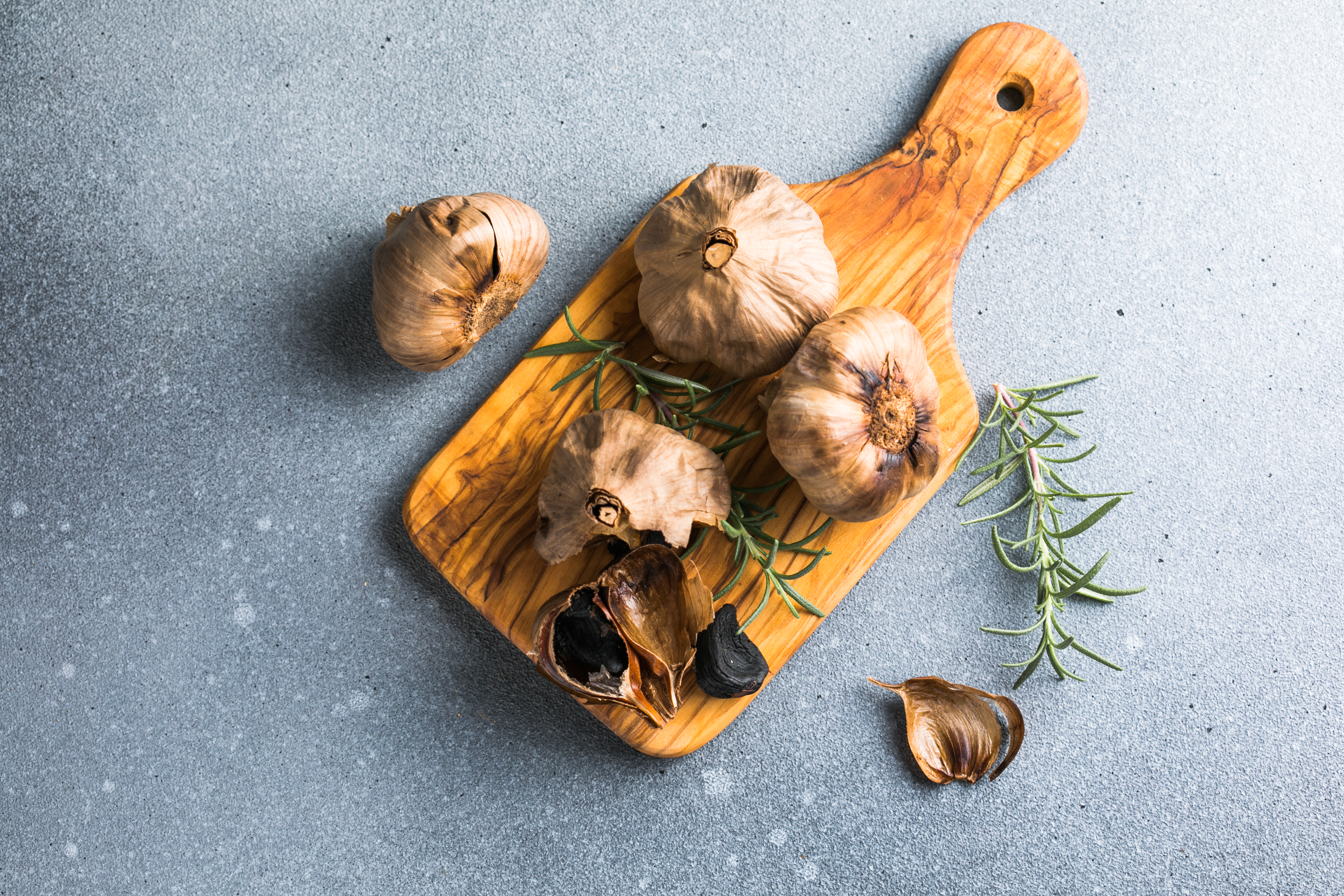
Fermented garlic, often referred to as black garlic, is made by fermenting whole bulbs of garlic under controlled heat and humidity over several weeks. This process transforms the garlic cloves into a soft, black, and sweet-tasting delicacy with a rich umami flavor. Fermented garlic is not only a culinary delight but also a potent source of antioxidants and probiotics, which can support gut health and boost the immune system. The fermentation process of garlic enhances its bioavailability, making its beneficial compounds more easily absorbed by the body. Fermented garlic is rich in allicin, a compound known for its antimicrobial and anti-inflammatory properties, which can support immune function and overall health. Its unique flavor and health benefits make fermented garlic a versatile ingredient that can be used in sauces, marinades, or as a topping for various dishes. By incorporating fermented garlic into your diet, you can enjoy a flavorful and healthful way to support your gut and immune health.
11. Fermented Carrots: The Crunchy, Sweet Treat

Fermented carrots, made by submerging carrots in a brine of water and salt, offer a crunchy, sweet, and tangy treat that is rich in probiotics. The fermentation process of carrots involves lactic acid bacteria, which convert the natural sugars in carrots into lactic acid, creating an acidic environment that preserves the carrots and enhances their probiotic content. These probiotics can support gut health by promoting a balanced microbiome and improving digestion. In addition to their probiotic benefits, fermented carrots are a good source of vitamins A, C, and K, as well as fiber and antioxidants. The high beta-carotene content in carrots is essential for eye health and immune function. Whether enjoyed as a snack, added to salads, or used as a garnish for various dishes, fermented carrots offer a delicious and healthful way to support your gut health. By incorporating fermented carrots into your diet, you can enjoy a tasty and nutritious treat that contributes to your digestive well-being.
The world of fermented foods offers a diverse array of flavors, textures, and health benefits that extend far beyond yogurt. From the spicy kick of kimchi to the refreshing fizz of kombucha, these 11 fermented foods provide a delicious and nutritious way to support your gut health and overall well-being. By exploring and incorporating these foods into your diet, you can enjoy the unique culinary experiences they offer while reaping the benefits of improved digestion, enhanced immunity, and overall vitality.
